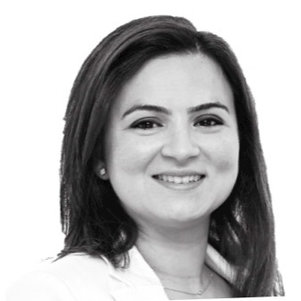Projects of the Open Science Programme
In 2019, the Executive Board of TU Delft endorsed the Strategic Plan Open Science 2020 - 2024 ‘Research and Education in the Open Era’. Over the four years, the university will further its efforts to make open research and education a standard part of scientific practice.
The Programme consists of seven interrelated projects:
- Open Education
- Open Access
- Open Publishing Platform
- Findable, Accessible, Interoperable and Reusable (FAIR) Data
- FAIR Software
- Open Hardware
- Citizen Science
Each project will address three preconditions for successful implementation: ensuring appropriate rewards and recognition, facilitating fruitful collaboration with third parties and equipping stakeholders with relevant skills. These are therefore incorporated in the programme as cross-cutting themes for all seven projects. We have also introduced a pilot cross-cutting theme in 2022 to explore and appropriately address the implications of open science on ethics and research integrity, which, if succesful, will become an integral part of the programme from 2023.
To learn more about the aims, scopes and deliverables of the individual projects and themes, please read the latest workplan.
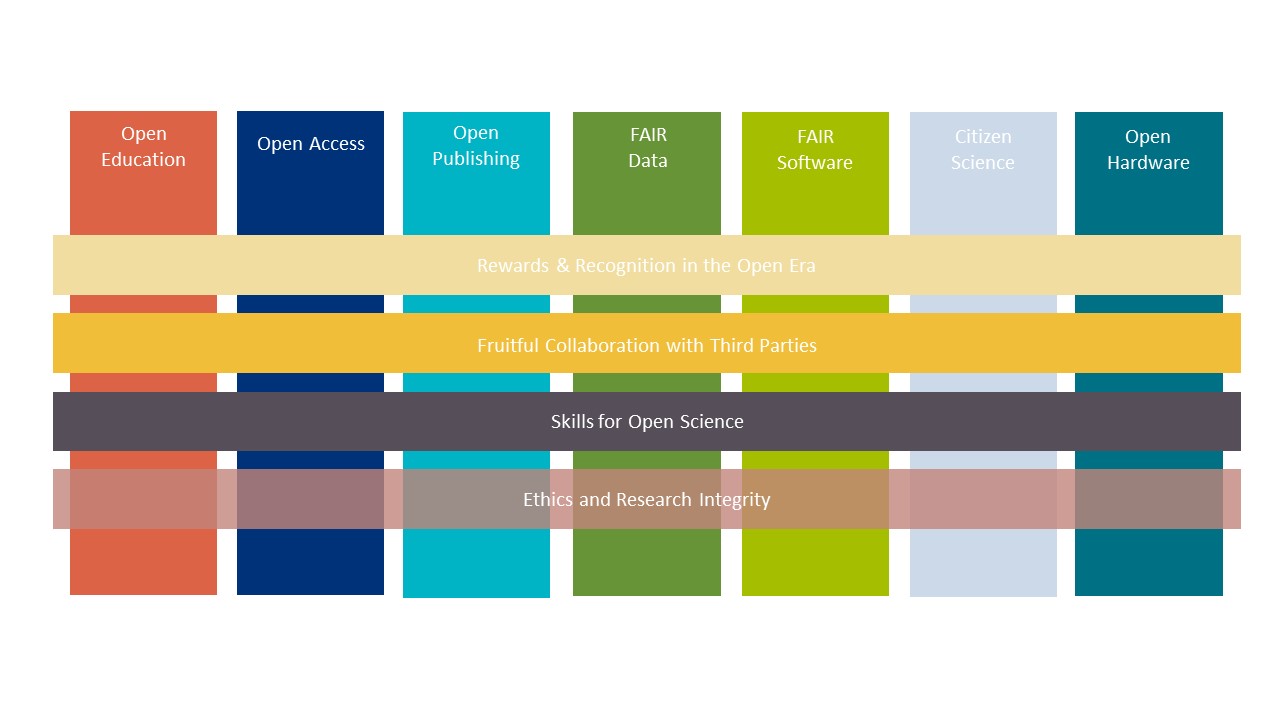
The Programme aims to create and pilot resources to support our research and education community in this transition to open. These resources include:
- Policies, e.g. the TUD Research Software Policy, TUD Research Data Policy Framework and the TUD Open Educational Resources Policy (all policy documents can be found on the Strategy Document page)
- Technological infrastructure and services, e.g. TU Delft OPEN Publishing
- Organisational capacity, e.g. the Digital Competence Centre, the Copyright Information Point
- Information, e.g. the TUD Open Science website
All outputs of the Programme will be made as FAIR as possible. The Programme office strives to engage and work closely with stakeholders at faculties, research institutes, university offices as well as external partners to ensure that the Programme’s output is well embedded and that the needs of our researchers, teachers, students and staff continue to be the main driver of the Programme’s development.
Portfolio Holder

Prof.dr. Rob Mudde
Steering Committee
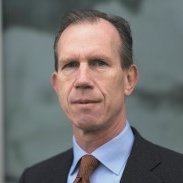
Prof.dr.ir. Jan Dirk Jansen

Chair
Dr. Irene Haslinger
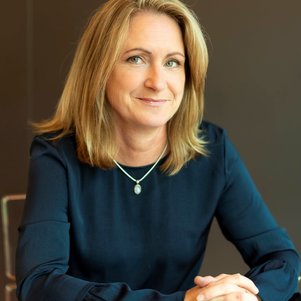
Drs. A. (Sacha) Kroonenberg

Programme Manager
Dr. ir. F. D. (Franklin) van der Hoeven
Programme Office

Programme Manager
Dr. ir. F. D. (Franklin) van der Hoeven
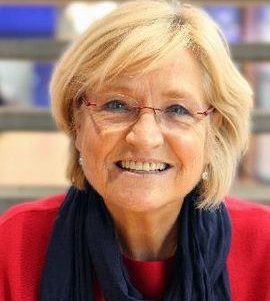
Executive Secretary
Anke Versteeg
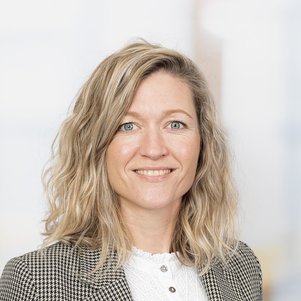
Communication Advisor
Annet Zorge
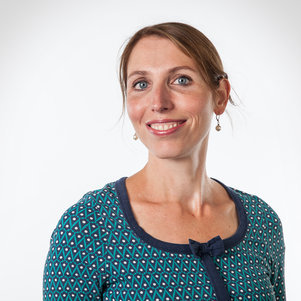
Secretary
Martha Otte
Project Leads
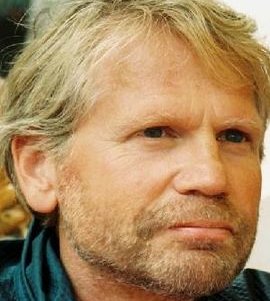
Open Access
Just de Leeuwe

Open Publishing
Alenka Prinčič
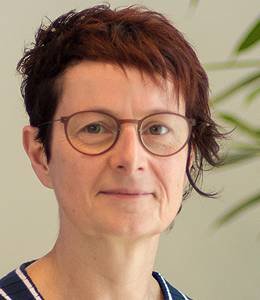
Open Education & Skills
Nicole Will
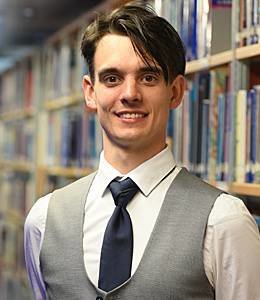
Open Education
Michiel de Jong
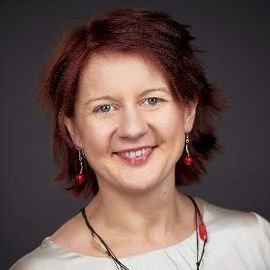
FAIR Data
Marta Teperek
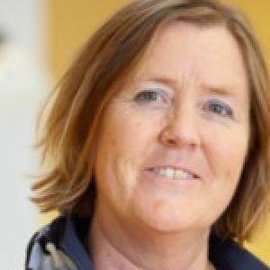
FAIR Software
Meta Keijzer-de Ruijter

FAIR Software
Mark Schenk
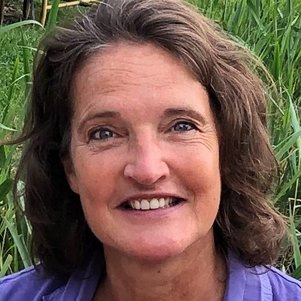
Citizen Science
Sabine Kunst
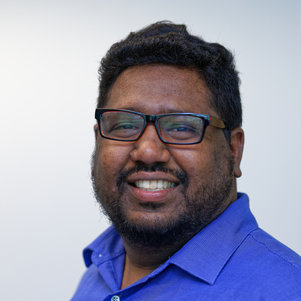
Open Hardware
Santosh Ilamparuthi
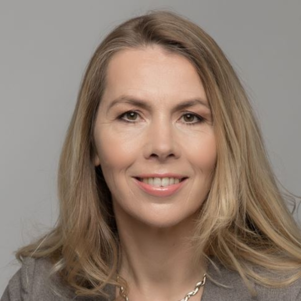
Rewards & Recognition in the Open Era
Ingrid Vos

Fruitful Collaboration with Third Parties
Rianne van den Bogerd
